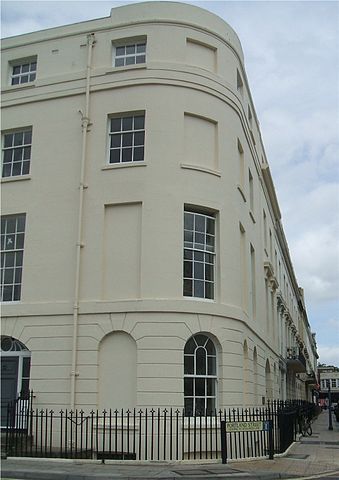History of the Property Tax
The property tax is a form of taxation almost as old as the concept of property ownership itself. Compared to other common forms of modern taxation, the property taxes have the longest history - income taxes are a relatively new form of taxation on a large scale, and sales taxes used to exist only as a highly variated collection of excise taxes on different items.
The concept of taxing the ownership of land or buildings has been independently recognized by civilizations from Ancient Rome to medieval England. Some historical examples of the property tax from across the ages include:
- Ancient Rome - For centuries, Rome collected a form of property tax - both in coin and goods - from landowners in Italy. These wide-ranging property taxes collected from 1% to 3% of an individual's wealth and property, including real estate and many personal possessions. In the Roman Provinces, property taxes of many types were levied.
- Ancient Egypt - The Pharaoh personally helped to ensure the proper collection of taxes every two years during the ceremonial "Following of Horus" across the Egyptian state. Property taxes in Egypt were generally collected on possessions such as grain and livestock, a percentage of which was collected by Egyptian officials.
The Pharaoh's share was used to pay government debts (including lavish palaces for the Pharaoh and his family) or stored in granaries for use during years of famine. Just like today, some Egyptians resented what they saw as unfair taxation - an ancient priest's letter, recently translated from hierogliphics, reads "It is not my due tax at all!" - England - England and Wales introduced a property tax in several forms throughout the Middle Ages and colonial times. Because no central repository of property values was available at the time, taxes were often based on physical properties of the buildings to be taxed - such as the number of chimneys or windows.
Many of these taxes were levied on the occupants of the building, not specifically on the building's owner, since this would make the tax easier to enforce. As a result, many occupants simply bricked up their windows and removed their chimneys. At least one fire in London in 1684 was traced to a baker who knocked down a wall in an attempt to connect her oven to her neighbor's chimney!

building to avoid the Window Tax
Property Tax in the United States
In the United States, property taxes were introduced by local Colonial governments even before the Revolution. Because property was fixed and easy to account for in a time when there was little public infrastructure and very few records available to allow taxation of other items, property taxes were the most attractive way for local governments to generate revenue.
By the end of the 18th century, every state in the Union authorized local governments to collect a uniform property tax in their state constitutions. Property tax collections started with county governments, but many states allowed other forms of municipal government to levy taxes as well. Soon towns, townships, and school districts also began to collect property taxes. Special taxation districts were also created to provide revenue for local services like roads, police and emergency services, and public utilities.
Property taxes faced broad reforms in the later 19th century. California's Proposition 13, which limited property taxes to 1% of the property's value, was the largest of several similar property tax caps enacted in different states in an attempt to prevent overtaxation of landowners. Similarly, homestead exemptions have been introduced which reduce the amount of taxable property value on an individual's primary residence.
Today, property taxes continue to be collected by nearly every locality on the United States and provide a key source of revenue for local governments and school districts in particular. While public debate over state and federal sales and income taxes has grown during recent years, and many have called for radical overhauls of many forms of taxation, major overhaul of the American property tax system is unlikely because each locality administers and collects their own property tax. It is probable that the current property tax system will remain a central part of American government, and tax law, for many years to come.
Learn more in the Property Tax FAQ
